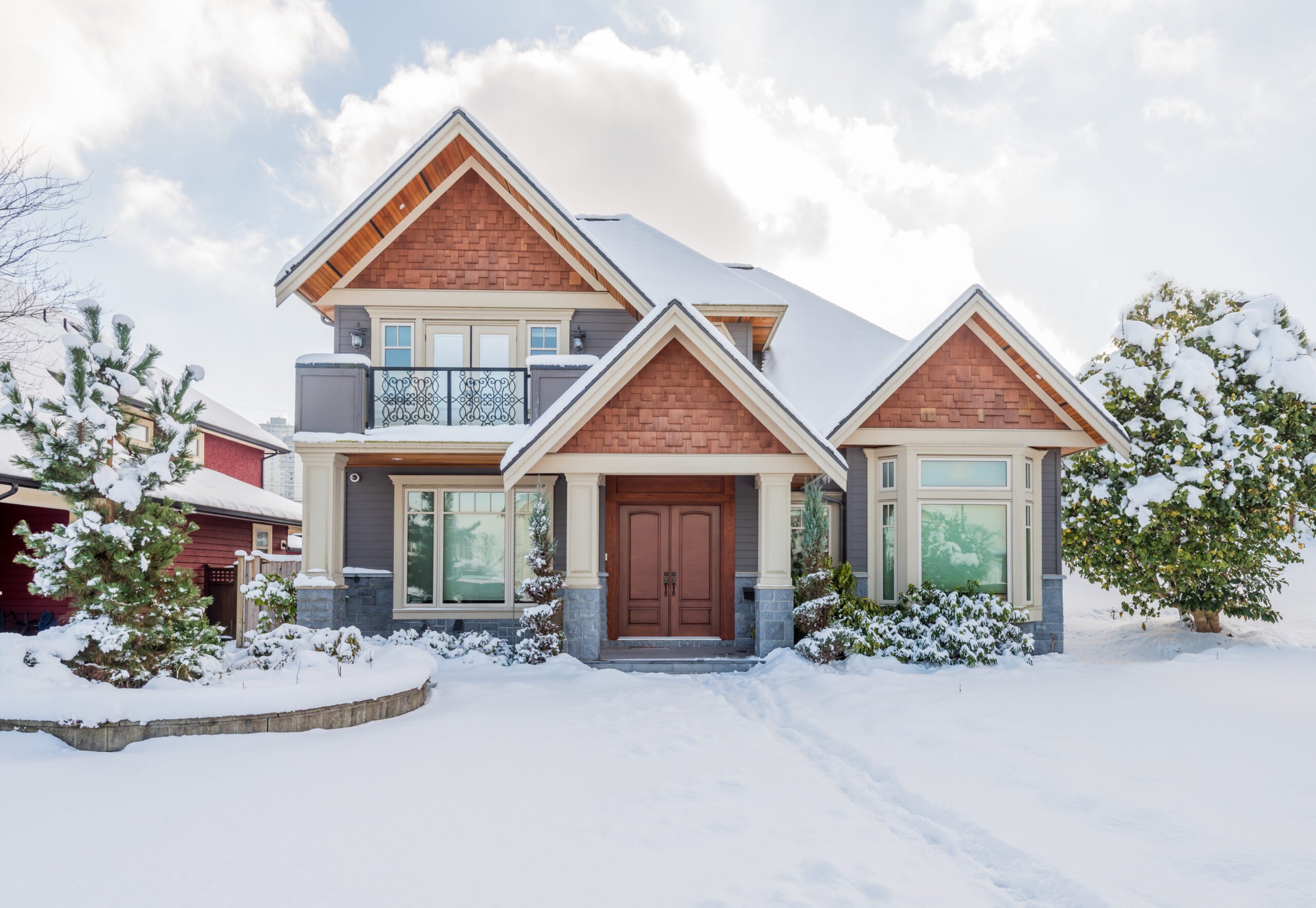Part 1: Why You May Want to Hold Off on Buying Your Home
Homeownership Can Cost More Than You Might Expect
Summary
For many Canadians, purchasing a home is regarded as an important step towards securing a stable financial future. Everyone has had a friend or relative say, “Why would you pay down someone else’s mortgage when you can pay your own?” That kind of advice may be commonplace, but is it true? Is buying a home actually a smart investment? In reality, while homeownership can certainly provide a sense of personal pride and stability, many people would be better off if they rented for longer – as much fun as it is to browse for properties online, holding off on buying your dream home may just be the best financial decision that you ever make.
Costs of Homeownership
Homeownership costs a lot more than just your mortgage payments. You will also have to pay for property taxes, maintenance, insurance, utilities, and transaction costs such as legal fees and a land transfer tax. If you purchase a condominium, you will have additional monthly fees for that as well. While you may be building equity in your home every month, that investment will likely be quite small compared to your costs.
Most importantly, that equity is not earning you any additional money. Many new homeowners forget to calculate this “opportunity cost” when purchasing a property. In other words, the money you would earn if, instead of buying a home, you put your down payment and excess monthly savings into a balanced and diversified investment portfolio that earns, say, 5% per year. The high costs of homeownership often prevent Canadians from saving any money at all, outside of their home equity. Before the COVID-19 pandemic, Canadians had been saving, on average, less than 2% of their total earnings.
To understand your different options, consider an example of a $400,000 home purchased with a 10% down payment. Presently, interest rates are at historic lows, so we will use a conservative rate of 3% over a five-year fixed term.
| Ownership Expense | Cost/Month | Renting Expense | Cost/Month |
| Mortgage Interest | $885 | Rent1 | $2,250 |
| Property Tax | ~$350 | Internet, Netflix, etc. | $50 |
| Fees/Maintenance | ~$400 | ||
| Insurance | ~$50 | ||
| Utilities | ~$200 | ||
| Closing Costs2 | ~$130 | ||
| Opportunity Cost of Down Payment3 | ~$185 | ||
| Opportunity Cost of Lost Savings4 | ~$615 | ||
| Total Economic Cost5 | ~$2,815 | Total Economic Cost | $2,300 |
In addition to the items above, some of the significant costs of homeownership happen over the long term. Unlike renting, if the furnace breaks, the basement floods, or the foundation cracks, you will have to deal with the cost of repairs.
This example illustrates why many people understandably believe that buying a home is a good investment – the mortgage payment costs less than the rent. However, upon looking at all of the cost variables, the decision becomes more complicated. Of course, to take full advantage of the benefits of renting, one must invest their monthly savings in a balanced and diversified portfolio. Because if you are not paying down a mortgage or investing your money, then you are not building assets of any kind. However, if you do save your money diligently, the above example demonstrates how renters can protect themselves from excess housing costs and build a portfolio of liquid assets more quickly than they otherwise could as homeowners.
Flexibility versus Commitment
Lastly, you should determine how much you value flexibility, because homeownership is a more significant commitment than renting from both a debt and cash flow standpoint. Being debt free can be incredibly valuable, particularly in the unfortunate event of illness or job loss. While people may think that they are purchasing a home for the long-term, periods of homeownership tend to be relatively short – the average Canadian will own five homes in their lifetime. Flexibility aside, if you think that your transaction costs were expensive the first time you purchased a property, wait until you are selling your home and buying a new one.
Of course, these factors will not apply to everyone, and ultimately your decision will come down to your personal circumstances. But, it is important to consider all of the variables and consult with professionals that can give you impartial advice such as lawyers, accountants, and financial planners. In the meantime, you can do the math for yourself and see if that dream home is really a great investment after all.
Many other factors may influence your homeownership decision. In Part 2, we will discuss important tax considerations when buying property and how to create a tax-deductible mortgage.
1 Assuming a rental cost of $2 per square foot, on a 3-bedroom, 2-bathroom house, with utilities included, in Winnipeg, MB – a market that is still relatively affordable. For readers located elsewhere, try the math for yourself. You may find that the argument for renting rather than owning is even more persuasive.
2 Legal fees of $2,000 and Land Transfer Tax of $5,700, divided by 60 months.
3 5% compound interest earnings on $40,000 over 5 years, divided by 60 months.
4 The difference between monthly homeownership costs and rental costs ($530) invested in a balanced and diversified portfolio, yielding 5% gains per year, would be worth ~$36,900 after 5 years. The opportunity cost of lost savings reflects $36,900 divided by 60 months. This calculation also includes the cash-flow demand of the monthly cost of mortgage equity.
5 The total monthly cash outflow less the mortgage equity paid.
None of the foregoing is legal advice – it is always important to consult with a licensed professional when completing transactions or planning your financial future.

